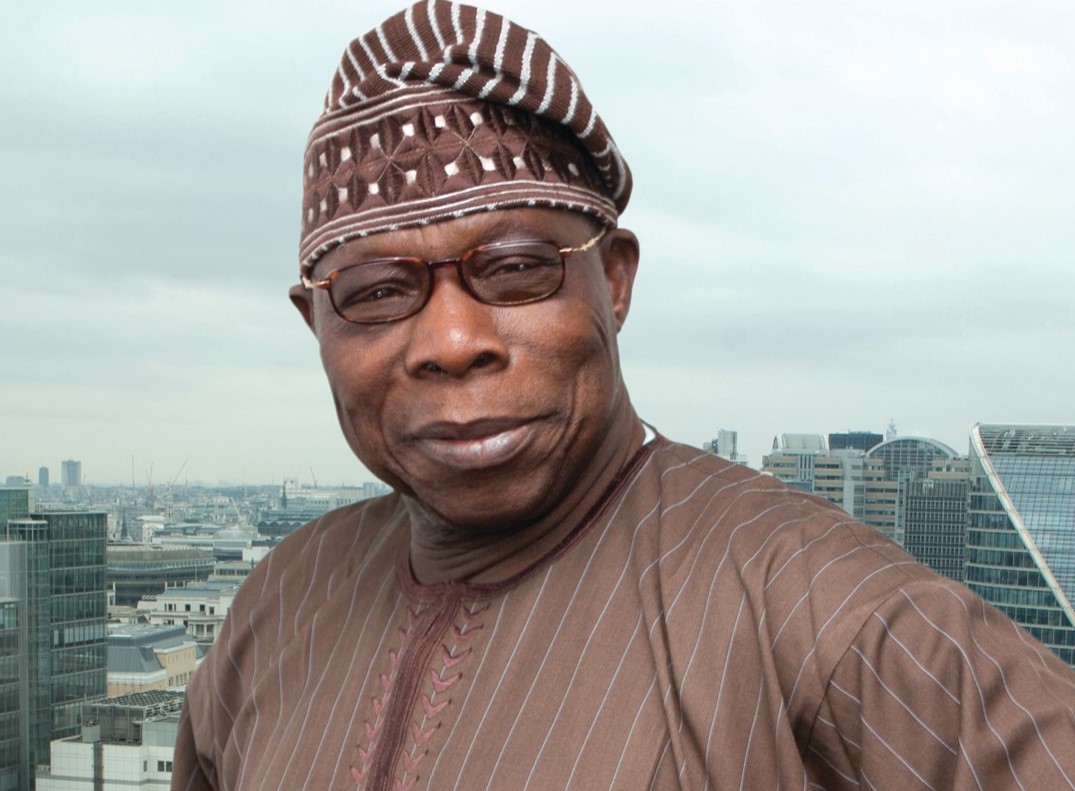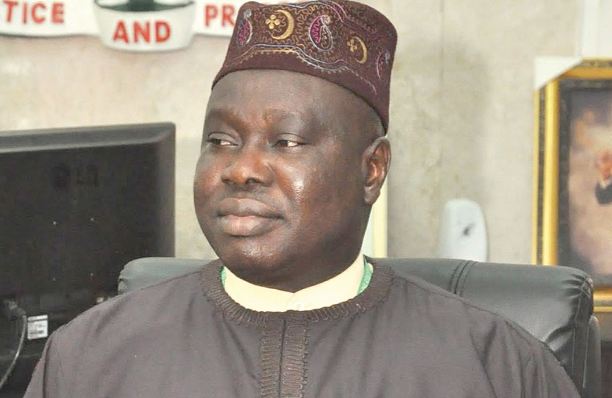The Supreme Court on Friday said that it would phase out manual means of filing and serving court papers by July 2018.
It also said communication between judges, court staff and lawyers, as well as between lawyers, would only be through electronic means.
The Chief Justice of Nigeria and Chairman of the National Judicial Council, Justice Walter Onnoghen, while announcing the new policy in Abuja on Friday, said a legal e-mail platform had been put in place to replace the manual system.
The CJN said this during the formal presentation of the newly “retrofitted court and the legal e-mail system.”
The event held in the Retrofitted Court in the Supreme Court complex, Abuja.
According to the CJN, all lawyers must acquire the “legal e-mail” to be able to prosecute cases before the apex court as from July 16, 2018.
Justice Onnoghen said lawyers who had acquired the legal e-mail could immediately start using it for communicating electronically with the court and with one another.
He said the legal e-mail would become the mandatory means of communication, filing and service of court processes at the Supreme Court at the end of the deadline.
He, therefore, directed that processes filed before the Supreme Court must bear the lawyer’s legal e-mail address.
He said, “I would like to implore all judges and lawyers to join us on this quest for excellence by subscribing to and acquiring the legal e-mail, as a manual form of communication with the Nigerian courts will soon be phased out.
“Henceforth, lawyers who have acquired the legal e-mail can now communicate electronically with courts and with each other. However, by July 16, 2018, it becomes mandatory.
“The Supreme Court will only serve processes by electronic means (legal mail) on all matters. Hence, all new filings as from July 16, 2018, must bear the counsel’s legal e-mail address.”
According to Justice Onnoghen, the new legal e-mail is a major component of the policy being pursued through the Judicial Information Technology Policy Committee inaugurated in 2012 by a former CJN, Justice Dahiru Musdapher, who died recently.
He said the policy was put in place to enhance justice delivery in the Nigerian court.
He said legal e-mail would ensure “seamless exchange of information electronically within the judicial ecosystem” and would be replicated in all Nigerian courts.
He also said that in the desire to automate the Nigerian judiciary, the Nigerian Case Management System had been developed and deployed.
The Attorney General of the Federation and Minister of Justice, Mr. Abubakar Malami (SAN), and the President of the Nigerian Bar Association, Mr. Abubakar Mahmud (SAN), hailed the new policy and urged lawyers to key into it to enhance the nation’s justice delivery system.
Malami, who was represented by one of his aides, Mr. Abiodun Aikomo, said the legal e-mail project “will open the door to a silent, but long overdue revolution in the practice of law in Nigeria.”

